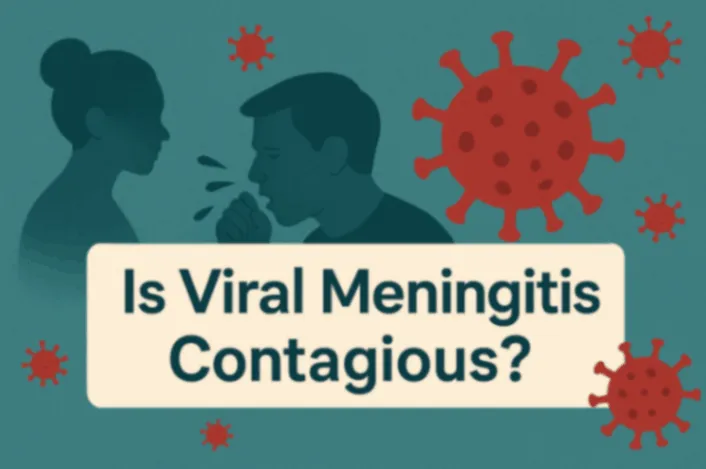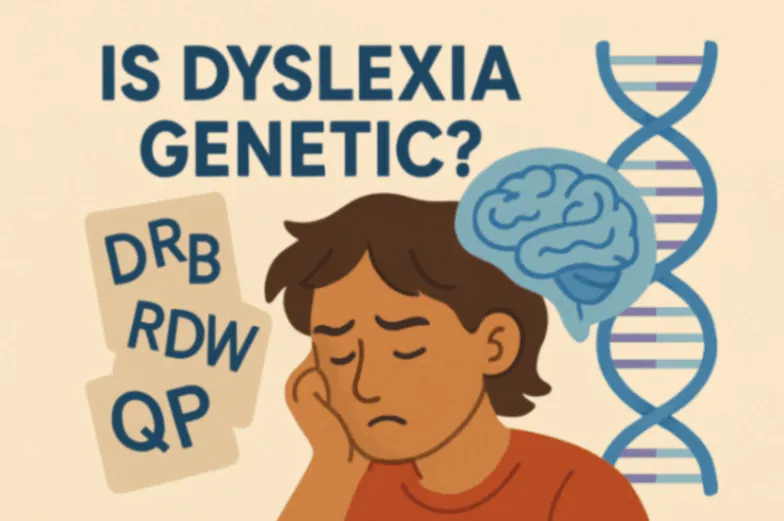Polio is a dreaded disease that can make one paralyzed for life. To address the question is polio contagious—yes, it is highly infectious. Polio comes from the family of viruses, and there are no other ways to prevent it from spreading except for vaccination. Many countries have removed the virus from most places, and these efforts can help deal with the problems. If you are suffering from polio, you should remember there is no cure. But the only way forward is to take all the precautions to help deal with the dreaded virus. The best way is to take polio vaccinations. Many countries have gotten completely vaccinated and have only a few polio cases, but it is still prevalent in developing countries.
Is Polio Contagious?
Yes, polio is a contagious viral infection that can spread from one person to another. Here are some key facts:
- Polio can be spread through fecal-oral fecal routes and can mean that transmitting thoroughly can cause contact with infected feces and contaminated foods and water.
- The polio virus can also be transmitted through drops from the nose or mouth of an infected person when they cough or sneeze people with asymptomatic symptoms.
- It can be essential to note that polio now can be rare, and in most parts of the world can be widespread vaccination efforts.
- Polio is getting eradicated, but care should be taken to prevent it entirely from the world, and different countries should also help other countries get a different approach to these things.
Also, Read Vaccination Schedule for Newborn: What You Need To Know
How Contagious Is Polio?
Polio is highly contagious and can spread from one person to another through contact. The polio virus spreads via an infected person's cough or sneeze droplets or contact with minute pieces of feces. It resides in the intestines and throats of the affected individuals. This virus can be spread to others before or within 2 weeks as soon as the symptoms appear. However, not all polio-infected people show symptoms but they can still infect everyone. Some have mild symptoms while a few have flu-like sensations that are often misunderstood for another virus type.
How Does Polio Spread?
Though polio is contagious, it can be contained by taking care of the following things-
- Polio can spread through coughing and sneezing or being in contact with the poop of an infected person, and it can also spread by.
- Not washing your hands and going to the bathroom.
- Drinking contaminated water
- Eating foods that have touched contaminated water.
- Coughing and sneezing
- Being nearby if a person has polio.
- Touching contaminated surfaces and polio can be spreading from one person to another person.
How Can One Mange and Treat Polio?
There are many specific medications for treating polio, like getting a paralytic polio effect and receiving physical therapy; and if you are breathing, the muscles are weakened or paralyzed, you will need mechanical behavior, a machine that helps one breathe, and these can also be the symptoms that can improve the condition like-
- Drinking fluids like water and juice or breath
- Using ice packs can help with muscle aches, taking pain relievers like ibuprofen, and doing therapy like getting help from a therapist.
- Getting plenty of rest
How To Prevent Polio?
The best way to prevent polio is by getting vaccinated. It is essential to follow the following instructions to prevent polio-
- Get vaccination at the exact time and when you need to get vaccinated.infec
- Taking care of your hygiene and washing hands regularly
- Avoid any kind of contact with a person who has a high fever, cough, and other symptoms related to polio
- Take care of cleaning the contaminated area and following a routine that can help maintain hygiene at home.
- Give regular medication to the person suffering to avoid developing polio.
Conclusion
Is polio contagious? Yes, it is, but understanding its transmission and prevention can empower us to protect ourselves and others. Vaccination remains the cornerstone of eradicating this disease, ensuring a safer future for all. Stay informed, prioritize immunization, and join the global fight to make polio a thing of the past.
Also Read Polio Transmission: How Do You Get Infected and Prevention Methods
Frequently Asked Questions
Is polio a virus or bacteria?
Polio is caused by a virus named poliovirus.
Is polio contagious?
Yes, polio is contagious.
Is polio still alive today?
Yes, there are still polio cases in many parts of the world, while the number of people affected has been dramatically reduced, and there are intentional efforts to eradicate polio.
What are the different polio types?
Yes, there are three different polio types present in the world.
Can polio spread in adults?
Polo can spread in children about five years of age or below it.

Reviewed by







